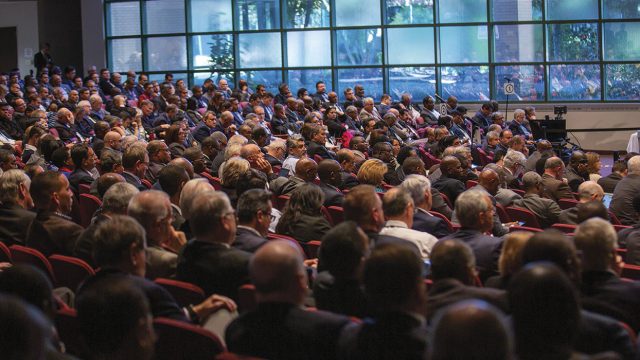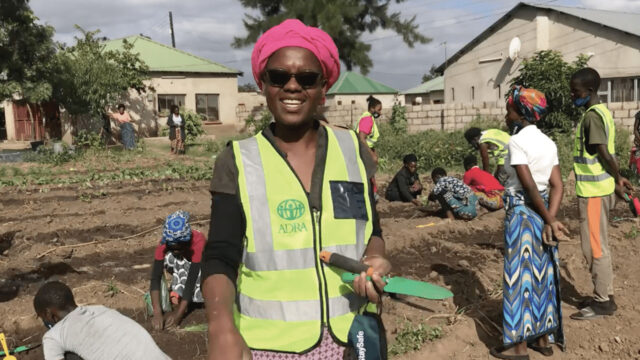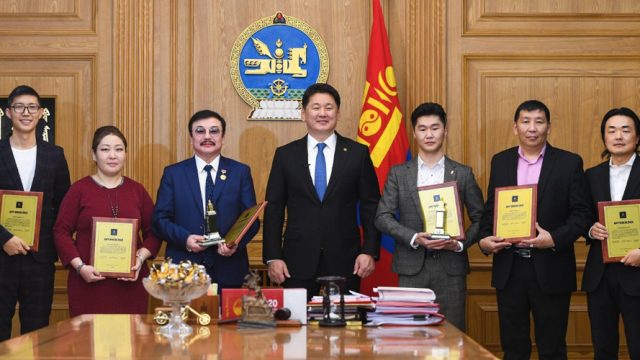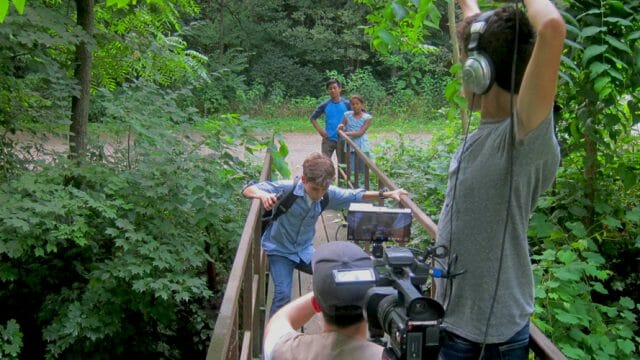Andrews University leadership program adds social innovation concentration.
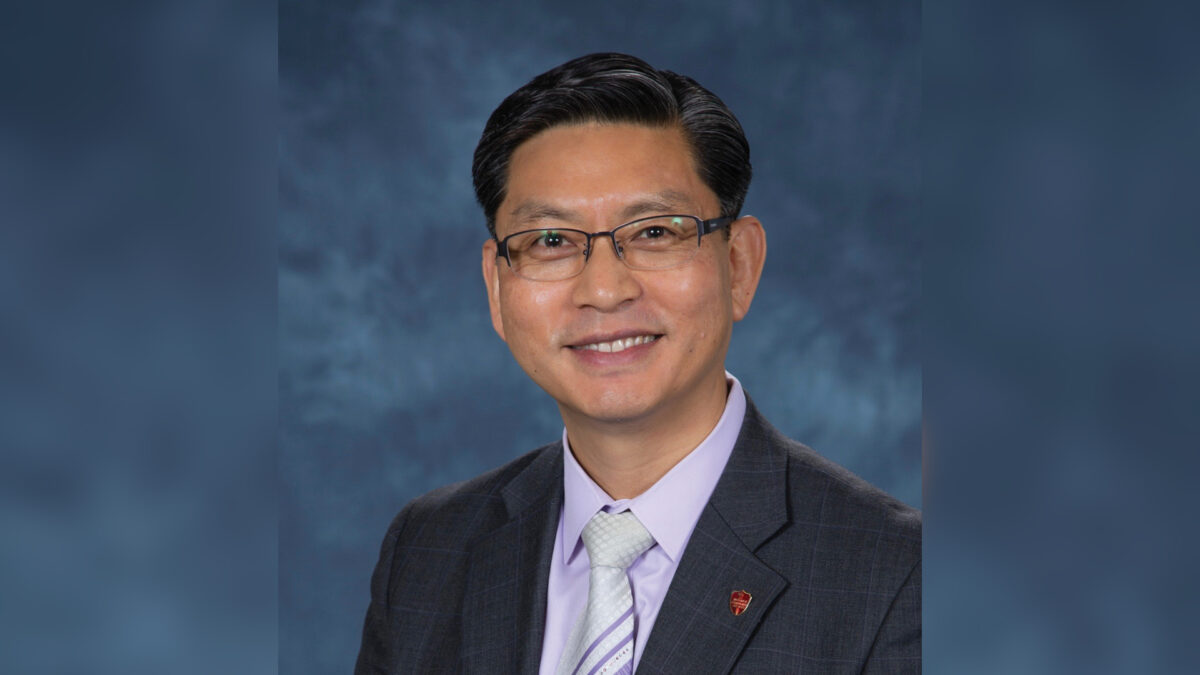
Andrews University has developed a new social innovation concentration for the Master of Arts (MA) degree in leadership. The goal of the program at the school, located in Berrien Springs, Michigan, United States, is to develop and equip individuals as social innovators and entrepreneurs with a missionary purpose, emphasizing community impact and transformation through discipleship and service.
Sung K. Kwon, who recently joined the department as associate professor of leadership, serves as director of the program. The first cohort of students will be introduced in the fall semester of 2022.
Kwon explained that the new degree aims to bring people together “through community and discipleship, linking people to the city through mercy and justice, and connecting people to social innovation through the integration of faith and work.”
The MA leadership degree in social innovation is a 36-credit online program that will include courses such as Introduction to Social Innovation, Creating Collective Impact, Leading Social Innovation, Ministry of Reconciliation through Social Innovation, and others. Strategies such as peer-to-peer learning, mentoring and coaching, and lifelong learning relationships with colleagues will be utilized in conjunction with a social change model of leadership development.
Participants will be responsible for developing a social innovation project, where they will document design, implementation, and collective impact. Coursework aims to develop leadership capacities as well as critical and analytical skills, teaching students how to construct effective solutions to real-world problems.
Kwon noted that the program will foster “an attitude of community organizers and leading servants through social entrepreneurship, social advocacy, and social services. It is about being the church for the community with the community.”
The Department of Leadership was recently awarded a seed grant from the Winifred Stevens Foundation totaling US$200,000 for 2021 and 2022. Andrews University matched this with an additional US$50,000 to develop the new degree and recruit the first cohort. Kwon has begun reaching out to departments and agencies around the world with the goal of creating a laboratory in which future social innovators can learn to make a difference in their communities. “The grant is entrusted with developing the MA Leadership in Social Innovation to equip confident leading servants to become difference makers and change agents,” he said.
Becka Manglanathan, senior director at Intentional Philanthropy of the Winifred Stevens Foundation, said she was impressed by the goals of the program. “The Winifred Stevens Foundation board is excited by Dr. Kwon’s vision to equip passionate young visionaries with the skills and knowledge they will need to create change and healing in the world,” she said. “We look forward to learning from the future students of this program how they will approach building strong, thriving communities.”
In the future, the program leaders aim to develop a professional leadership certification in social innovation, create a five-year accelerated program that results in both a bachelor’s degree and master’s degree, and establish a Center of Social Innovation to provide services to the community, both locally and globally. Over time, Kwon and his team hope to cultivate what they term “other-serving” Christianity, community-based ministry, sustainable community development, and leadership advancement.
AU Leadership Department chair Bordes Henry Saturné envisions a group of young professionals from various backgrounds who are passionate about making a difference in their communities. “Many young adults have a great job, making a lot of money, and are respected in their communities, but they are not satisfied with that,” he said. “They want to do something for the Lord. They have a burning desire to be the hands and feet of Jesus. This program is for them. It is designed to equip them with conceptual tools and practical leadership skills, enabling them to touch lives in a meaningful way.”
Kwon affirmed this thought. “We must reach out to everyone — sharing, caring, and proclaiming the good news of God’s redemptive work so that people can see us as a recognizable, tangible, and visible sign of the kingdom of God on earth.”
The original version of this story was posted on the Andrews University news site.


